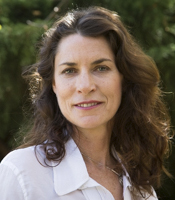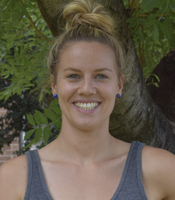"The expectation that we can be immersed in suffering and loss daily and not be touched by it, is as unrealistic as expecting to be able to walk through water and not get wet." (Rachel Naomi Remen, 1996)
Working, either directly or indirectly, with young people who have at some point in their life journey have experienced trauma and injustice is complex. It is complex because those we want to help those who have experienced injustice. It is complex because of the process of empathetic and relational engagement. It is complex because it can be rewarding, emotionally exhausting, raise existential distress and we can even develop symptoms of post-traumatic stress in response to a process of vicarious traumatisation. This webinar focuses on vicarious trauma, self care and workplace support.
Who is this webinar for?
This webinar is aimed at professionals working directly or indirectly, in primary care, mental health and human services settings who work with young people who have experienced trauma and injustice at some point in their lives
What will you learn in this webinar?
You will increase your understanding, as to the impact of working in the trauma space and the importance of understanding the specific impacts of vicarious trauma as opposed to broader concepts of workplace stress such as cumulative stress and burnout.
Rather than focusing on specific self-care strategies it will advocate for a framework of ‘self-care’ that includes the role of organisational responsibility in maintaining staff wellbeing in this space.
Presenter

Fritha Melville
Fritha Melville, is a Clinical Psychologist with over 10 years’ experience. She currently works at Orygen Youth Health as a senior Clinician in the Helping Young People Early (HYPE) program for Borderline Personality Disorder and as a Clinical Specialist in the Community Development Program, providing training and consultations to the community sector. She has a breadth of experience working in the trauma space, including working with vulnerable young people with trauma backgrounds, humanitarian aid workers and people from refugee backgrounds. She has recently presented workshops at conferences on workplace stress in the helping professions and using a relational lens to work with people from refugee backgrounds. Fritha is a strong advocate for the integration of research, individual and community based interventions and the importance of staff training, supervision and wellbeing in being able to meet the needs of some of our most vulnerable community members.

Breanna Large
Bree is a double degree student studying social work and psychology at RMIT. She is completing her honours in social work in 2018, focusing on youth mental health policy and our understandings of building resilience in young people. Aside from study, Bree works as a disability support worker with young people who have autism and other disabilities. She is also a qualified athletics coach and is a competitive javelin thrower.